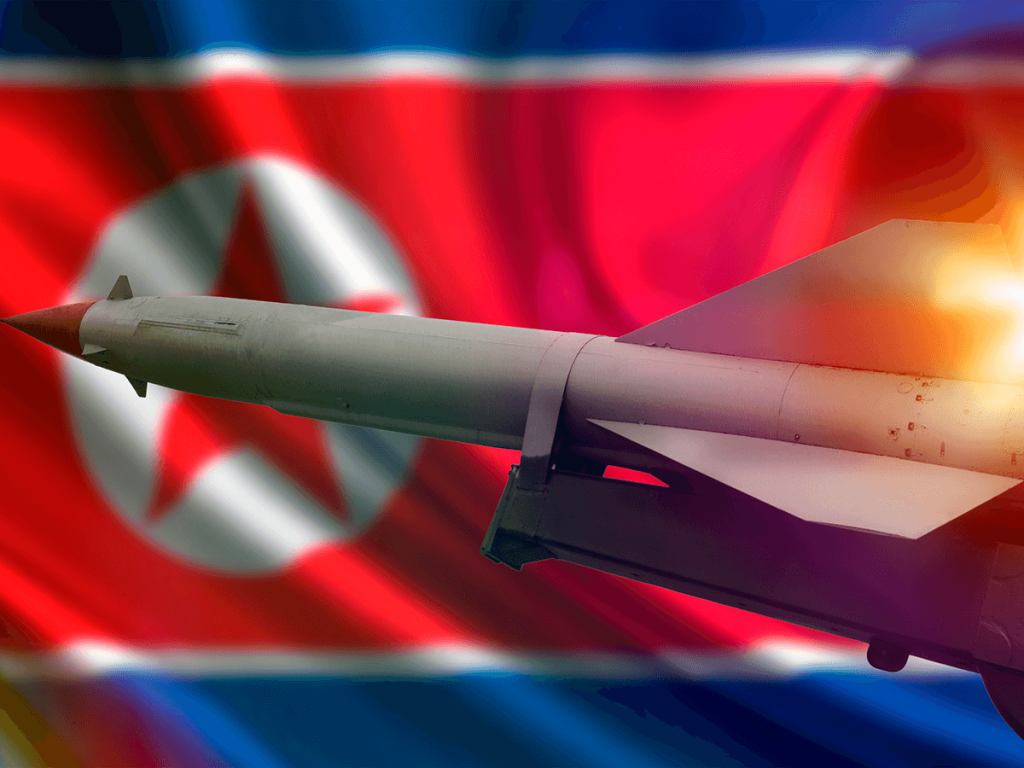Pyongyang’s latest missile test, which flew over the northern island of Hokkaido and splashed into the Pacific Ocean some 1,200 kilometers (745 miles) east of land, sent off missile alerts around Hokkaido and prompted strong words from Prime Minister Shinzo Abe.
As reported in the Washington Post, The missile was launched from Sunan, an area to the north of Pyongyang, at 5:58am this morning. It flew for a total of 1,700 miles (2,700km). This missile is believed to be a Hwasong-12, a weapon with a range of 3,000 miles (4,800km). The launch triggered rare government warnings via text messages and over loudspeakers, announcements broke through on local television, and some train lines were briefly halted. NHK broadcasts showed Japanese Patriot missile defense systems in place, but because the missile was not directly targeting Japan, it was not shot down.
As quoted in The New York Times following an emergency national security council meeting, Prime Minister Abe said, “North Korea’s reckless action of launching a missile that passed over Japan is an unprecedented, serious and grave threat.” The launch took place while joint military operations between the US and South Korea are currently under way, activities that North Korea views as provocative preparations for an invasion.
North Korean leader Kim Jong Un has already ordered the launch of 18 missiles this year alone, compared to the 16 that his father launched during his 17-year tenure. North Korea launched a missile over Japan in 1998, and part of a rocket flew over Japan in 2009 – however, North Korea maintained that this was for the launch of a satellite, and gave Japan advance warning. Last year, a North Korean missile flew over Okinawa.
Earlier in the month – and following the imposition of sanctions on North Korea by the United Nations in response to North Korea’s testing of two intercontinental ballistic missiles (ICBMs) that could have potentially reached targets on the US mainland – US President Donald Trump increased tensions in the region, vowing to unleash “fire and fury” on North Korea if it threatened the US.
At a rally last week, Trump stated that his threat may have paid dividends and that North Korea was “beginning to respect” the US. This sentiment that was echoed by US Secretary of State Rex W. Tillerson, who saw the absence of provocative moves recently as a sign of “restraint” that could pave the way towards negotiations.
Prior to today’s test, North Korea fired a number of missiles into the sea over the weekend, leading Tillerson to say on a Sunday news program, “Clearly, they are still messaging us as well, that they are not prepared to completely back away from their position.”
The White House has yet to comment regarding this most recent provocation, but Trump and Abe spoke for 40 minutes this morning, and following the conversation, Abe said that Japan would put increased pressure on North Korea.









